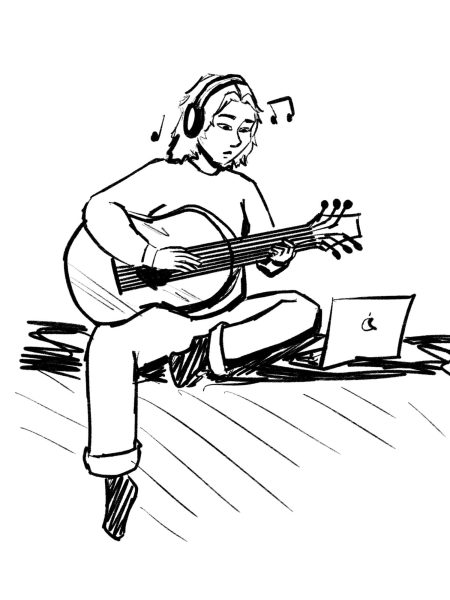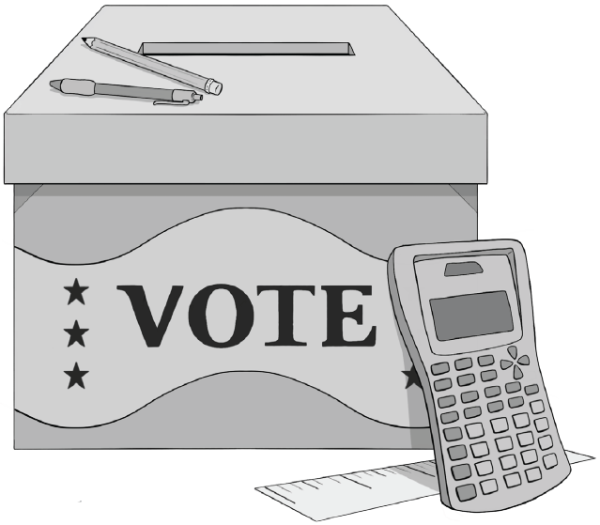How Meditation Can Benefit Students And Classroom Environments
February 22, 2022
The start of a new quarter comes with another wave of stressors for many students. Some people have standardized tests to worry about, and others have yet to fix their sleep schedule or catch up on work from last semester.
Meditation and other mindfulness practices can help significantly decrease these stressors by allowing students a chance to stop, breathe and reflect on themselves.
In the last several years, meditation has grown in popularity both at home and in the workplace. Vast research on the practice has presented a variety of health benefits including reducing stress, controlling anxiety, lengthening attention span and improving sleep. As more and more people see the benefits of meditation, perhaps teachers will begin to recognize the abundant benefits too and implement such practices into their course calendars for students.
MHS Choir director Aaron Kohrs has added mindfulness practices for students as part of his weekly schedule. On Meditation Mondays, as they are known, Kohrs reads a meditation dialogue that guides students through a five-minute mindfulness exercise.
When asked why he started Meditation Mondays, Kohrs answered, “[It’s] just to get us set up for success for the week, and I know how stressed out most of us are.”
Kohrs also noted the importance of breathing practice for singers, as it helps prepare their bodies by releasing built-up tension.
First soprano Kyra Martin, ‘24, is a fan of Meditation Mondays.
“[Some practices] really get me energized, and some of them really get me relaxed,” she said.
Not only do these practices help individual students ground themselves, but they also help students work as a collective. Kohrs listed another benefit, noting that these mindfulness practices help center the class.
“We can meet as one, meet as a team,” Kohrs said.
Mindfulness also aids students at a more personal level.
Kohrs recognizes that social media negatively impacts mental health and perceptions of oneself, and he mentioned meditation as a potential antidote to these impacts since meditation acts as “a way to get back to basics and [get] in touch with our bodies.”
With a plethora of attested perks, more teachers should consider adding mindfulness into their routines so that more students feel the positive effects of such practices.
“If [students are] having a rough day or if they want to reflect on themselves, I think it would be very beneficial to have that as an option for classes,” Martin said.
Adopting meditation into classes, as Kohrs did, will help ease stressors that many students face. With the student body more relaxed, focused and reflective, the school day will pass more productively and smoothly for all.
































